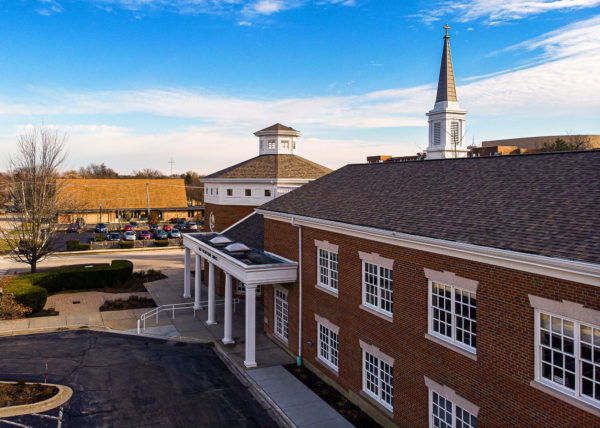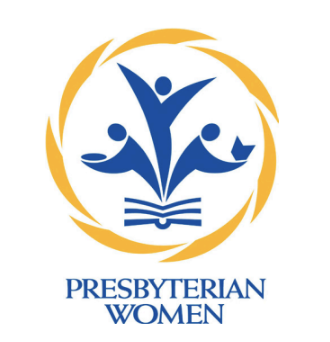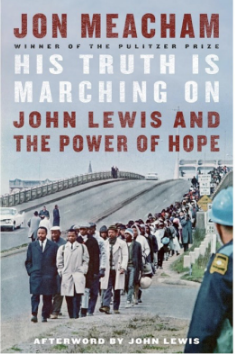You know what they say about opinions. Lots of people have them. I often find the setup to an opinion has as much influence as the opinion itself. For instance, you could be on a date at a nice restaurant, order a wonderful dish, but have lousy conversation. Your opinion of the restaurant and dish might be influenced, negatively, by the setup. When I choose choral music, I always dive into the words before I play any of the music on piano. This can get me into trouble, particularly if I am choosing something from our library. If it is in there, it has to be good right!? Wrong. Never was I more wrong when I picked a piece of music that was dedicated to the joint work of two congregations in New York City. One was Jewish, and the other was Christian. The text was marvelous. It fit perfectly with the message of an upcoming sermon. As soon as the choir came in to sing at our first rehearsal of the piece, the look on every face was the same. “Are you kidding, Adam? This!?” I stepped in it, and we all realized it at the same time. That kind of instant, communal style of opinion rarely happens with something new to a group, experiencing it at the same time. Large groups can hardly be expected to agree on anything, let alone something new.
One of the most popular, though often misunderstood pieces of music in all of pop culture is the song “Hallelujah”. Are you familiar with it? Our Chancel Handbell Choir played it as a Prelude one Sunday, and you could feel all of the energy and attention in the room directed at their playing. Those in the Sanctuary, entering or seated, were silent. That is pretty incredible considering everyone wants to chat and visit on Sunday morning before the service! But that is the power of the piece. It is hypnotic and deeply moving. It was also close to being lost to the ages, another piece of great art that never was, never had a chance.
Several artists have recorded the song, but you might be surprised to know Leonard Cohen wrote it. Leonard Cohen was signed to Columbia Records when he wrote the song in the early 1980’s. When Columbia heard “Hallelujah”, along with the rest of the album he was writing, they told him they would not release it. They did not hear anything the public would like. Cohen took his album and released it under the independent label, Passport Records, to little fanfare. “Hallelujah” lay dormant in regards to public consciousness. Cohen would continue to tour, playing the song for various crowds through the rest of the 80’s. It is during this time that a Welsh musician named John Cale heard Cohen play the song at a concert in New York City. Cale approached Cohen about covering the song for an upcoming album. Cohen agreed, and John Cale released the song in 1991 on the album, I’m Your Fan. At the same time, a young singer/songwriter named Jeff Buckley was also in New York City to perform at a tribute concert for his father. His father was singer/ songwriter Tim Buckley, who died of a drug overdose in 1975. Jeff only met him once, as a small child. The tribute concert was to be performed at St. Anne’s Church in Brooklyn. While putting together the concert, Jeff became acquainted with Janine Nichols, who ran an arts series at the church. They became good friends. While Janine was away on vacation, Jeff was invited to stay at her place to house sit. Here, at Janine’s house, Jeff found a cassette tape of Cale’s I’m Your Fan and heard “Hallelujah” for the first time. He was so moved that he recorded a cover of the song on his album, Grace, released in 1994. The album was mildly successful, but “Hallelujah” still was not in the public consciousness like it is today. It was not until 1997, in the aftermath of Jeff Buckley’s tragic drowning (no alcohol or illicit substances found in his system), that the song began to skyrocket on the radio and became one of the most popular, and one of the most covered songs of all time. The public liked Leonard Cohen’s rejected song after all, but there was a lot of setup to get there.
Look back at the above paragraph, at that timeline, the path “Hallelujah” took to become such a widely known song. It is remarkable. It is tragic. It is inspiring. It is sad, and yet just like in the chorus, every repetition of the word “Hallelujah” is a war cry for hope. It does not mean hope is coming at that exact moment, but you have to keep calling for it. The story of the song is the message in the song. When I think about equity or fairness, I think about this song, its journey, and its meaning. Leonard Cohen was told the song was made for no one, and in the end, it was made for everyone. This perspective reminds me of people, as if every person is their own song, their own work of art. The gamut of equity towards others depends on our awareness of our opinions. Are we acknowledging the setup, the circumstances that brought us to a particular opinion? Are we rejecting others, as works of art, because we do not like what we see or what we hear? Or, are we shouting “Hallelujah” at every step of the journey to every person we meet? My prayer for us all is that we might bring some self-awareness to our opinions. That we might say “Hallelujah” at every step of the journey, to every person we meet. Hallelujah, Amen.
Adam
P.S. For those interested:
Jeff Buckley version:
Leonard Cohen version:



